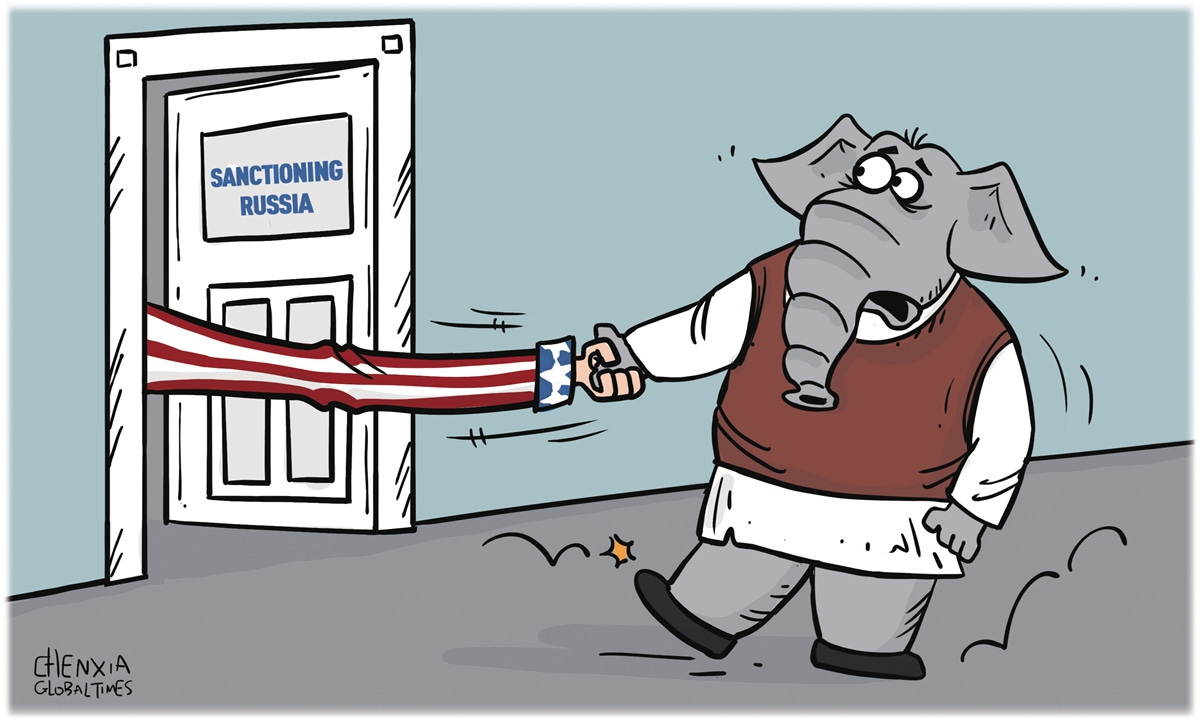Vladimir Putin’s War in Ukraine – Southern Countries Choose Non-alignment.
We can see the return to a logic of blocs: the West against Russia.
Several times postponed, the video conference of the Ukrainian president, Volodymyr Zelensky, with the African Union (AU) was finally held on June 20, 2022, behind closed doors, with great discretion. His brief message was received politely but without more by the African leaders. The contrast is striking with the enthusiastic solidarity of the American…
Keep reading with a 7-day free trial
Subscribe to Sylvain Saurel’s Newsletter to keep reading this post and get 7 days of free access to the full post archives.




